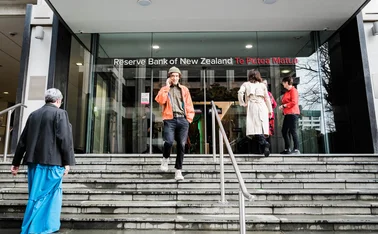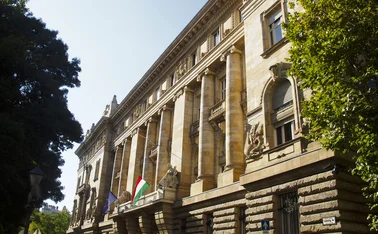
Bundesbank places first representative in Africa
South Africa is “fertile ground” for investment, says Dombret

The Deutsche Bundesbank has placed its first representative in Africa as part of an initiative to improve its cooperation with the South African Reserve Bank (Sarb), both central banks revealed on August 29.
Jenny Kilp, a member of the Bundesbank's directorate in general financial stability, will be based at the German embassy in Pretoria for the next two to three years. Her role will be to take charge of collaborative research projects between the two central banks in monetary policy and
Only users who have a paid subscription or are part of a corporate subscription are able to print or copy content.
To access these options, along with all other subscription benefits, please contact info@centralbanking.com or view our subscription options here: www.centralbanking.com/subscriptions
You are currently unable to print this content. Please contact info@centralbanking.com to find out more.
You are currently unable to copy this content. Please contact info@centralbanking.com to find out more.
Copyright Infopro Digital Limited. All rights reserved.
As outlined in our terms and conditions, https://www.infopro-digital.com/terms-and-conditions/subscriptions/ (point 2.4), printing is limited to a single copy.
If you would like to purchase additional rights please email info@centralbanking.com
Copyright Infopro Digital Limited. All rights reserved.
You may share this content using our article tools. As outlined in our terms and conditions, https://www.infopro-digital.com/terms-and-conditions/subscriptions/ (clause 2.4), an Authorised User may only make one copy of the materials for their own personal use. You must also comply with the restrictions in clause 2.5.
If you would like to purchase additional rights please email info@centralbanking.com







